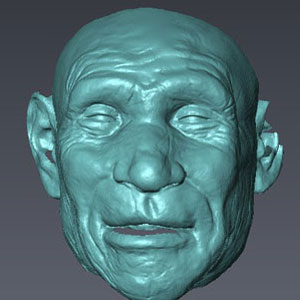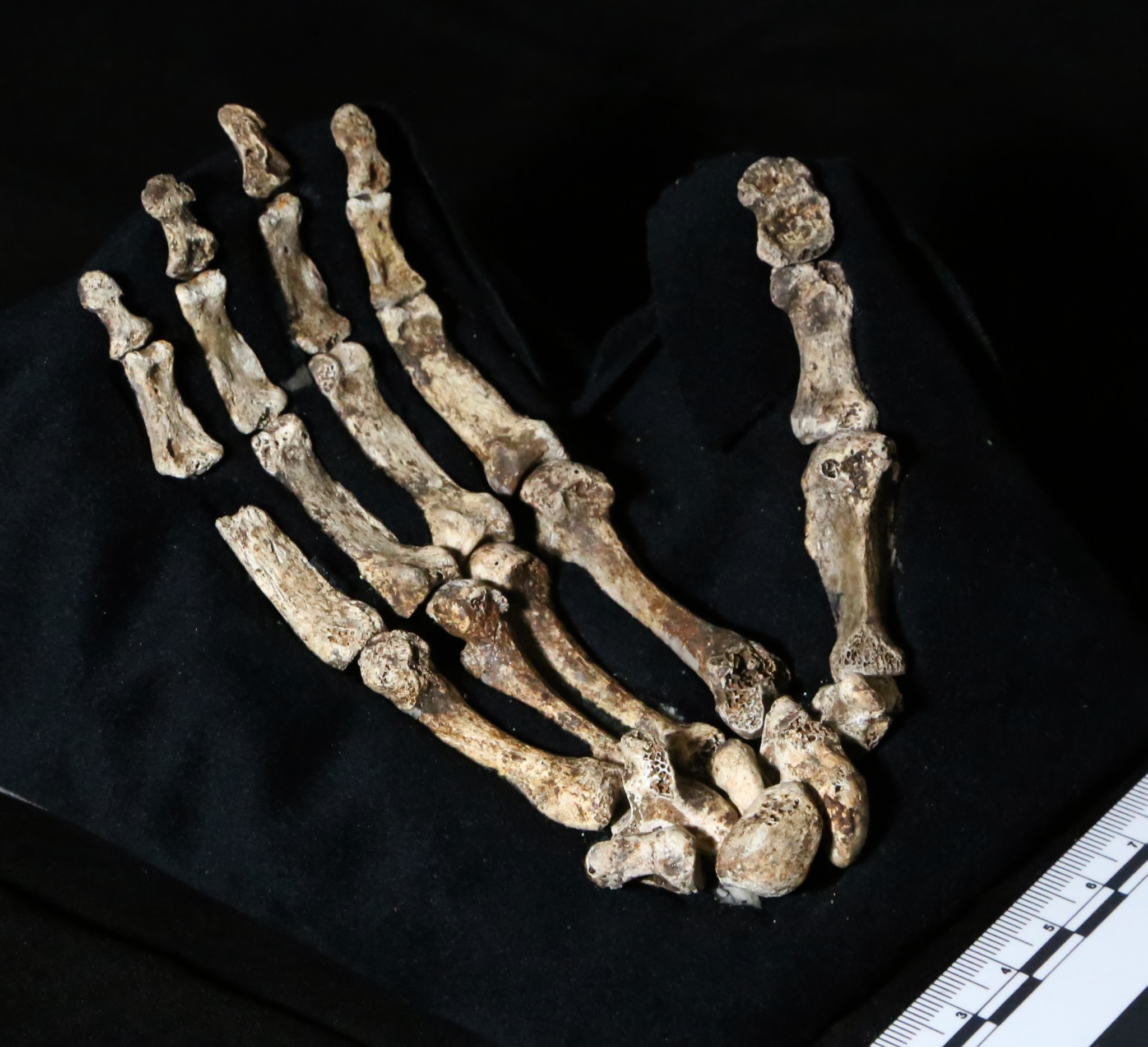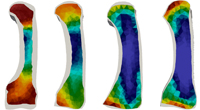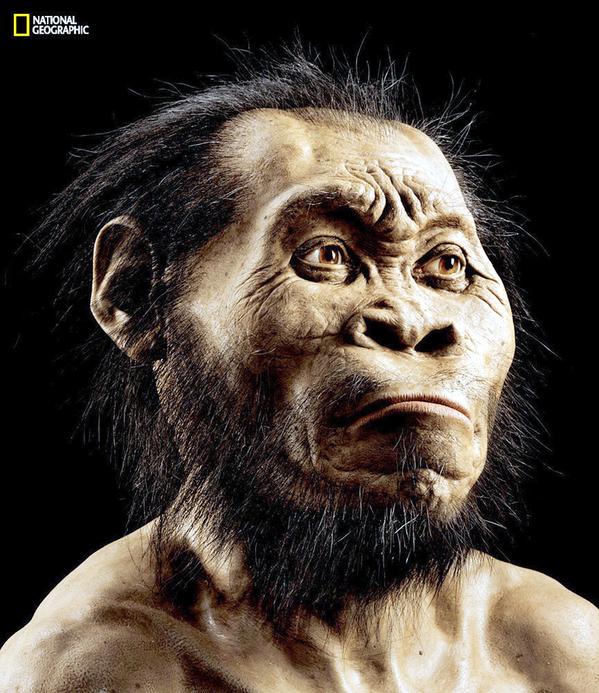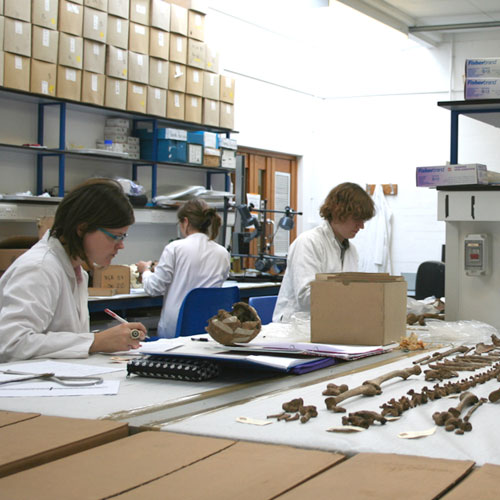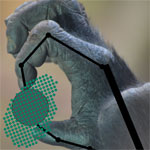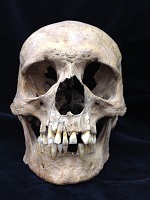The School of Anthropology & Conservation is delighted to be hosting the 16th Annual Conference of the British Association for Biological Anthropology and Osteoarchaeology. The … Read more
Category: SBRC
Be Neanderthalised – new video available
We are pleased to announce the release of a short video capturing the “Be Neanderthalised” workshop run as part of the Kent 50th Anniversary celebrations. … Read more
Kent anthropologist sheds further light on Homo naledi
Research led by University of Kent anthropologist Dr Tracy Kivell suggests that early human species Homo naledi may have been uniquely adapted for both tree … Read more
Launch of Skeletal Biology Research Centre
The School of Anthropology and Conservation are delighted to announce the launch of our new Skeletal Biology Research Centre. The Centre is the first and … Read more
New Species of Fossil Human Discovered in South African Cave
Fossils representing at least 15 individuals may alter views of human behaviour The discovery of a new species of human relative was announced today (Sept. … Read more
KORA Workshops – June 2015
We’re delighted to announce our June two-day workshops: BOOK NOW Medieval Burials in Canterbury Saturday 20th & Sunday 21st June 10am – 4pm Marlowe Building, … Read more
Palaeanthropology and Robotics
A recent study on hand dexterity in humans and other primates has been published in the Journal of the Royal Society Interface, combining the expertise … Read more
Evolution of chins
Senior Lecturer Dr Matt Skinner recently appeared on BBC World talking about the evolution of the human chin. Matt explains how the use of cooking … Read more
Researchers examine a 1.9 million year old pelvis
Recent research by Dr Matt Skinner, published in the Journal of Human Evolution, suggests that early humans had tiny hips and spindly legs. Fossilised pelvis … Read more
Early human ancestors used their hands like modern humans
New research suggests pre-Homo human ancestral species, such as Australopithecus africanus, used human-like hand postures much earlier than was previously thought. Anthropologists from the University of Kent, … Read more


